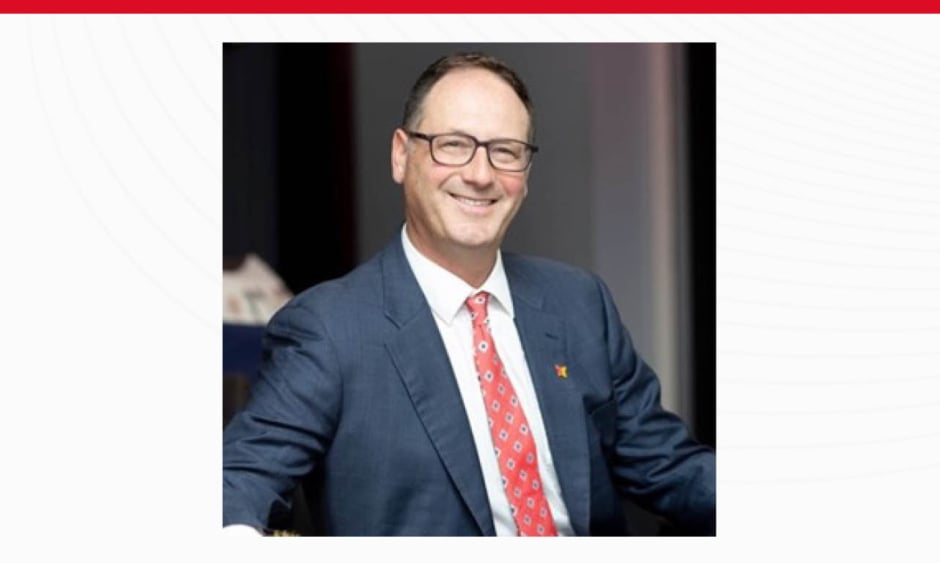Grant Blashki | Associate Professor, Nossal Institute for Global Health, University of Melbourne, Victoria, Australia; Adjunct Associate Professor, Monash Sustainable Development Institute, Monash University, Melbourne, Victoria, Australia; Co-founder of Doctors for the Environment Australia
![]()
What led you to pursue a career in medicine and what made you decide that general practice was the specialty for you?
The beautiful thing about medicine is the combination of science and humanism. I have recently experienced some personal reminders about just how extraordinary modern, high-quality, clinical medicine is. One patient, a man in his 80s, had a stent put in within 3 hours of getting chest pain, experiencing no heart damage. Another patient, a young mother delivers a healthy baby via caesarean section following life-threatening pregnancy. Why general practice? I like that the relationship with the patient is the central part of practice; furthermore, there is no artificial boundary between demographic or clinical issues. General practice places you in a unique clinical role at the nexus of health and society. You work with families, culture, and the community, watching an entire procession of life go by.
Do you think that there are any misconceptions about your speciality of general practice?
I have taught general practice for 30 years around the world including Australia, Indonesia, and China. In doing this, I have heard the prevalent myth that general practice is suboptimal and non-specialist. This is an understanding that needs to change. General practice is the most effective way to provide primary and preventative care, continuity of care, early detection of diseases, and manage undifferentiated presentations. I would also argue that general practice provides a lot of humanity and common sense to medicine. We see specialisation and super-specialisation, which is essential, but I think general practice maintains a real human touch. On a daily basis, general practitioners (GP) convert very complex science into understandable concepts for their patients. Finally, GPs straddle the physical and psychological aspects of care. Recent studies in Australia have demonstrated that the majority of GPs now cite psychological consultations as their most common consultation, indicating the hugely central mental health role in the community.
In previous interviews and press coverage, you have discussed the influence of mentors on your career. Can you name one individual who has impacted your career the most and in what way?
The late Professor Tony McMichael, who was a Professor of Epidemiology at the London School of Hygiene & Tropical Medicine (LSHTM), UK, and then later returned to the Australian National University (ANU), Canberra, Australia. He was a leading epidemiologist, and one of the groundbreaking researchers who really conceptualised the link between climate change and health issues. He was one of the first to really articulate that if we want to look after population health, we must first understand key environmental issues such as climate change. Can you tell us about your new book, Climate Health and Courage?
Each year when preparing for my teaching units, I research the latest updates in climate science, and it can be scary. The Intergovernmental Panel on Climate Change tells us we have experienced a 1 °C rise already, and that we could be facing as much as 4 °C by the end of the century. As an Australian, living in one of the most vulnerable developed countries in the world, we have already seen extraordinary fires. We see low-lying countries in the Asian Pacific, where sea level rises will cause displacement of entire communities. A real problem, especially amongst younger people, is the hope budget. As we talk about the threat of climate change, there’s a real risk of despondency and a disengagement. This book focuses on how to maintain hope.
Was there a particular event or person that initiated your interest in the impact of climate change on medicine?
I think there are a number, but probably the most influential for me would be former Vice President Al Gore. I have been fortunate enough to participate in Climate Reality training with him several times. This training brings together thousands of people from different sectors of society, like farmers, librarians, social workers, and doctors, to share and contribute what solutions or opportunities their position offers. I think it’s a strong model for empowering leaders to speak and represent their own sectors or communities. What changes have you seen to the discussion surrounding healthcare and climate change since you published your 2007 papers, ‘GPs and the environment’ and ‘Climate change and primary healthcare’?
I think there are less climate sceptics who are still taken seriously; that faction of scientists appears to have filtered out of the serious debate. I secondly think that it has become clear how powerful health framing of the issue is, and the degree to which this resonates with people. Within the community there has finally been a significant recognition of the health sector’s carbon footprint. The move towards green hospitals, green healthcare, procurement measurements, and spending efficiencies has been significant in the past 15 years.
As an educator, where can we expect to see your focus lie in the coming years?
Something that excites me most is the education of strong leadership skills within the public health leaders of the future. These individuals need to understand the science and the mechanics of traditional public health, but also play the role of a leader, understanding the surrounding systems and governance. Many of our solutions to ‘greening’ our health systems lie within engineering, public transport, or manufacturing. I think our upcoming public health leaders have such exciting careers ahead of them, becoming part of the discourse with policy makers, and creating change within many different sectors of society. I think that mainstream environmental sustainability in every aspect of healthcare and clinical governance will be essential in the future.
Are there any innovations, or changing practices, in either general practice, or its relationship with climate change, that you think are particularly noteworthy?
In the future, I would consider the most important change in practice to be that doctors start to ‘think beyond the consulting room’, with prudent prescribing and responsible referrals becoming common practice. As we start to be more considerate of food miles, we must also consider where our medications come from. When considering waste of time and resources, physicians must consider the risk of unnecessary investigations and referrals.
Throughout your career so far as a GP, a campaigner, and an educator, what is your proudest achievement?
I’m proud of the paper I co-authored in 2008, ‘Hope, despair, and transformation: climate change and the promotion of mental health and wellbeing’. It was one of the early papers that really started overlaying climate change issues with psychological and mental health issues. From there, the discourse on this subject has become more and more relevant. To me, there is nothing abstract about seeing families in Australia who have lost houses and businesses to wildfires suffering mental health impacts such as post-traumatic stress disorder. This dovetails with considerations about the hope budget and its interaction with mental health. I want to emphasise that the bad news on social media is not always accurate. There is still time and it is not the time for despondency; a 2 °C rise will certainly be much better than a 4 °C rise in global temperatures, so all our efforts are worthwhile.








